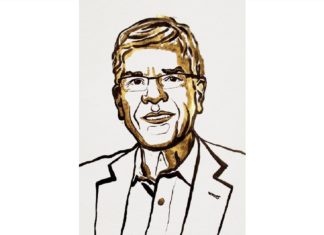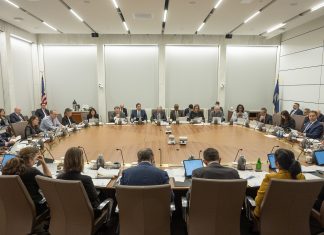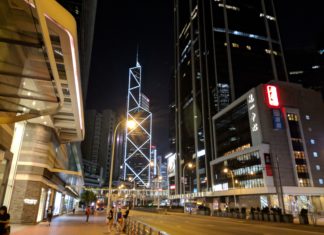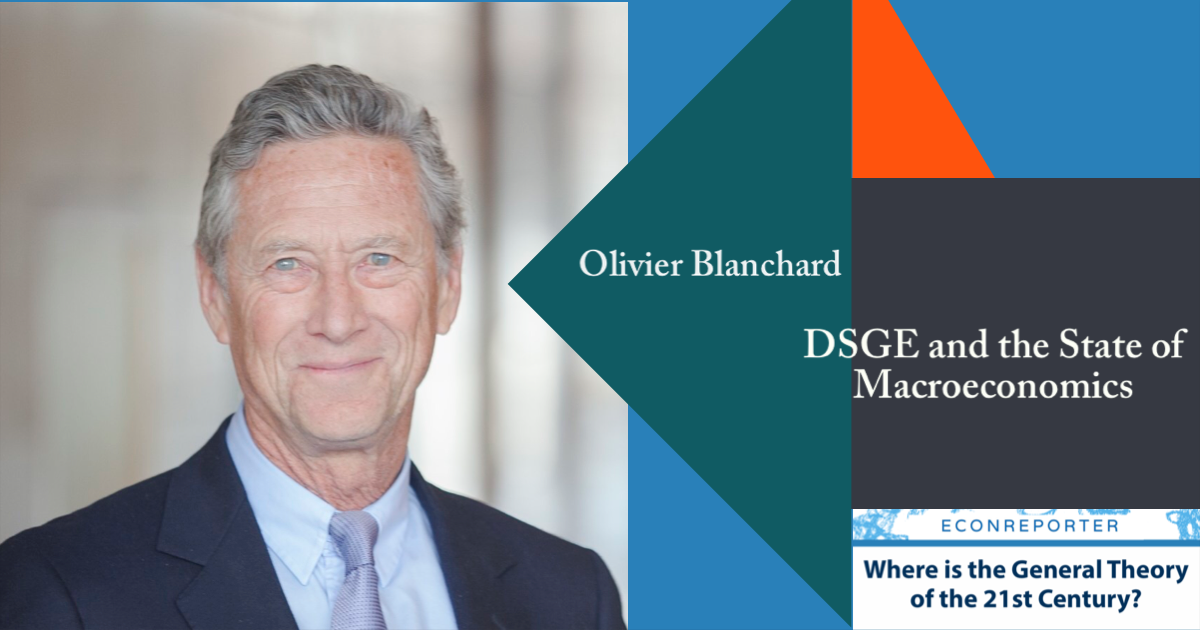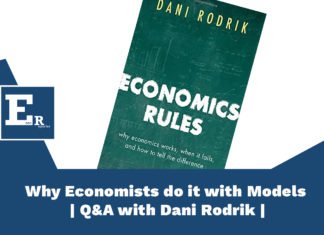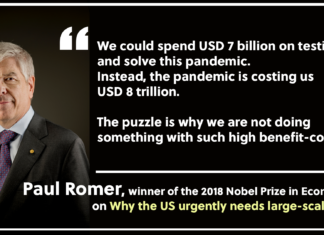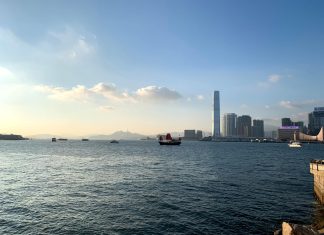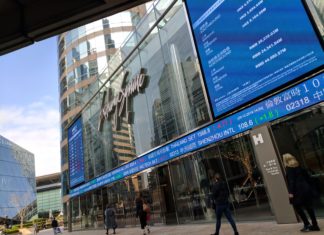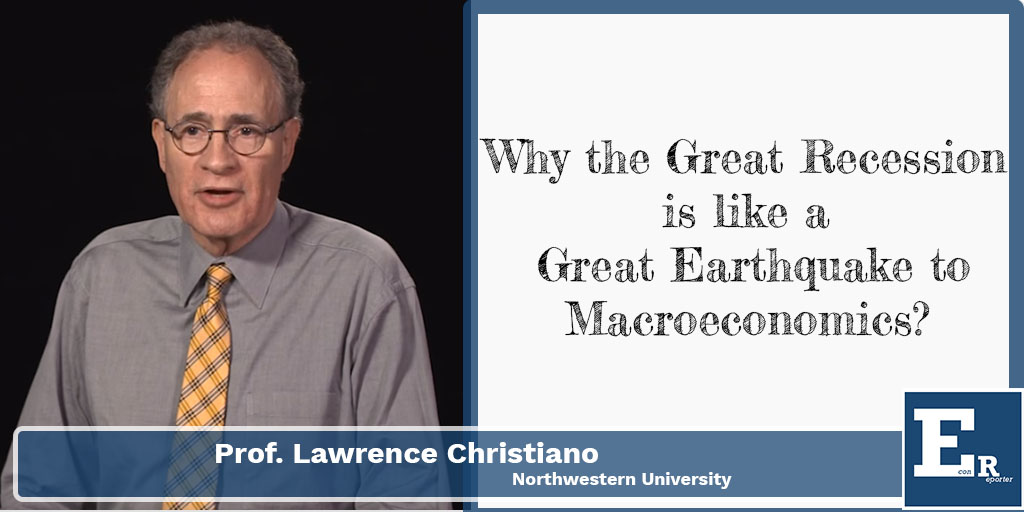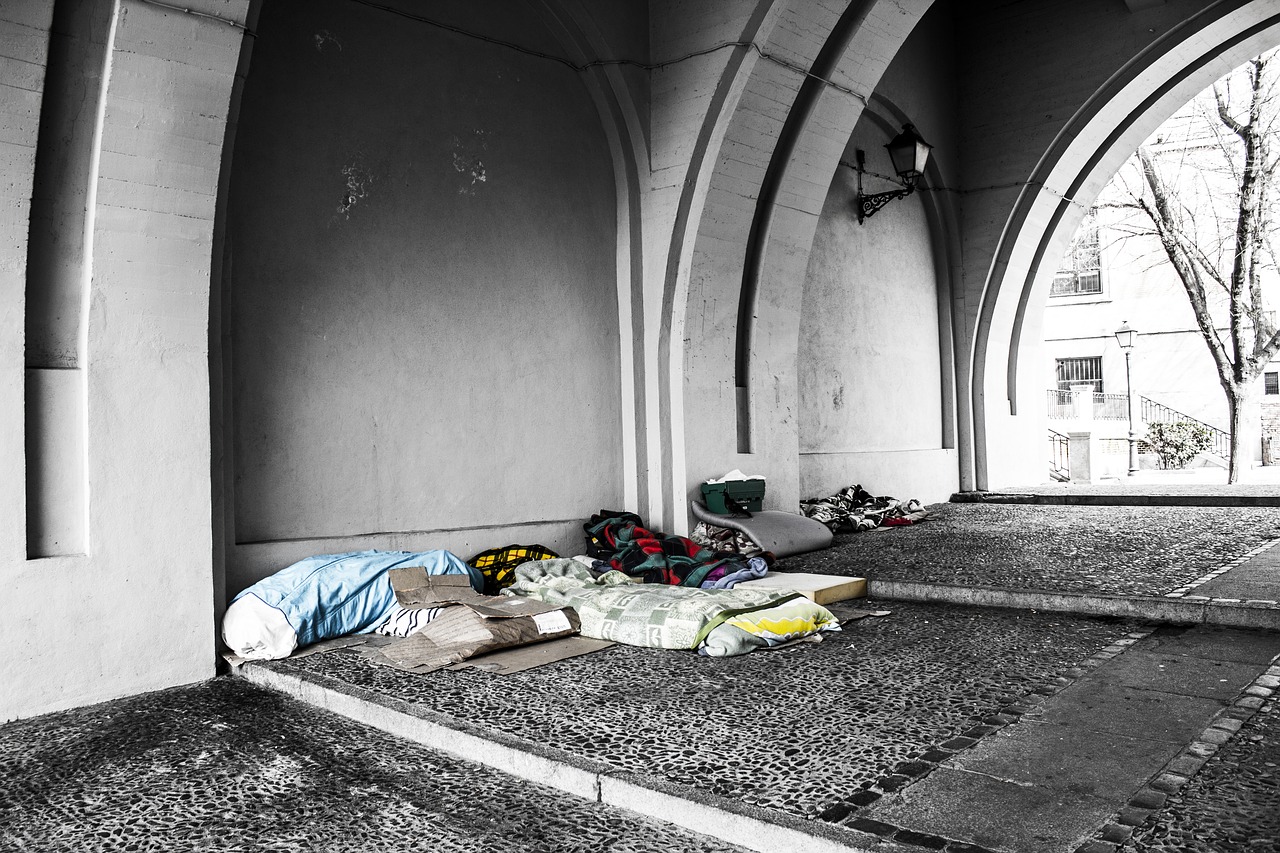Interview with Paul Romer – On Charter Cities (and HK) and Growth Theory
"There is a big difference between saying you want to allow for city-scale reform zones that will encourage reform of government and innovation in government, and saying that you want to do away with government entirely and let a corporate entity run a private city," says Nobel winning economist Paul Romer.
Trump appointees will get Fed board majority when Powell is gone – and it...
Trump-appointed Fed governors will hold a board majority by the time Powell steps down as a governor. And that could matter a lot.
When will Hong Kong’s Interest Rates Align With the US?
If you think the interest rate gap between Hong Kong and US is a market phenomenon, think again. HK Monetary Authority has a much bigger role than you think
DSGE model and the State of Macroeconomics | Q&A with Olivier Blanchard |
In this interview, Blanchard discussed his view on the role of DSGE model in modern Macroeconomics and policymaking. He also explained his decision to rewrite his macroeconomics textbooks after the Great Recession. His recent research on hysteresis was also discussed.
Economics Rules – Why Economists do it with Models | Q&A with Dani Rodrik
Rodrik explained why good economists think in terms of models, and what are major differences between models and theory.
He also told us why macroeconomists' quest to find "the one true model" on the business cycle is probably misguided.
US needs large-scale Covid testing urgently: Nobel winning economist Paul Romer
In an exclusive interview with EconReporter on Tuesday, Romer, co-recipient of the 2018 Nobel Prize in Economics Science, urged the US to adopt large-scale testing immediately to halt this most detrimental economic slump ever since the Great Depression in the 1930s.
Why is the Hong Kong-US interest rate spread so persistent? — Currency peg in...
A spread of over 3.5 percentage points between US and Hong Kong Interest rate persisted for close to two months and so far arbitrage has failed to close the gap, leading to discussion of whether Hong Kong's Linked Exchange System is failing. This article, however, will explore some technical factors behind this interesting interest rate gap.
What is the Saturated Level of Reserves?
The Saturated Level of Reserves or efficient level of reserves, is the point which the opportunity cost for banks to hold reserves disappears, and became indifferent towards holding more reserves. The reserve demand curve beyond this point becomes close to horizontal.
How to benefit from others’ QE — Hong Kong Linked Exchange Rate’s lesson
What if I tell you, behind the boring news headline, there is actually a wonkish story about how the Hong Kong central bank took advantage of the monetary easing by the Fed in the last 12 year and created a new set of policy options that it can now use to actively mange the inflows created by the new round Fed easing under the Great Lockdown.
A Macroeconomic Earthquake | Q&A with Larry Christiano
In this interview, Prof Christiano shared his view on the development of post-2008 academic macroeconomics. We’ve asked Prof Christiano does he agree that modern macroeconomic models are too complicated for the general public, or even policymakers and if he agrees that economic models should be “simpler”. Does he think the recent revival of ISLM model a “good trend”? Should Macroeconomists hang on their faith in DSGE models? Should they explore alternative paths?


